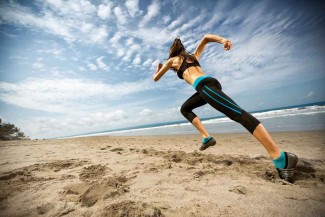Exercise role in the Treatment of Alcohol Use Disorders

Nowadays there is some evidence available that points out that physical activity/exercise can be beneficial in the treatment of alcohol use disorders (AUD) and its comorbidities, like anxiety and depression. This beneficial effect is very important to consider, particularly because current treatment options of AUD are effective for some but not all patients and many experience relapses.
On August 28, 2017, Mats Hallgren and a group of researchers published the article “More Reasons to Move: Excercise in the Treatment of Alcohol Use Disorders”. After reviewing the available evidence from Intervention Studies, the researchers raise some interesting questions:
-
How physically active (and inactive) are people with AUDs?
-
What are the effects of acute exercise on mood, anxiety, and alcohol craving?
-
What mechanisms underlie the positive effects of exercise in AUDs?
-
Can exercise improve cognitive functioning in AUDs?
-
Sticking with it: what factors influence exercise adherence in this population?
Even though the evidence base is currently limited to a small number of studies of varying methodological quality, it is clear that physical activity/exercise can be included in the treatment of persons with AUD.
What is your experience using physical activity/exercise in clinical settings? Maybe all your comments from different countries can help to strengthen the evidence currently available in this regard.